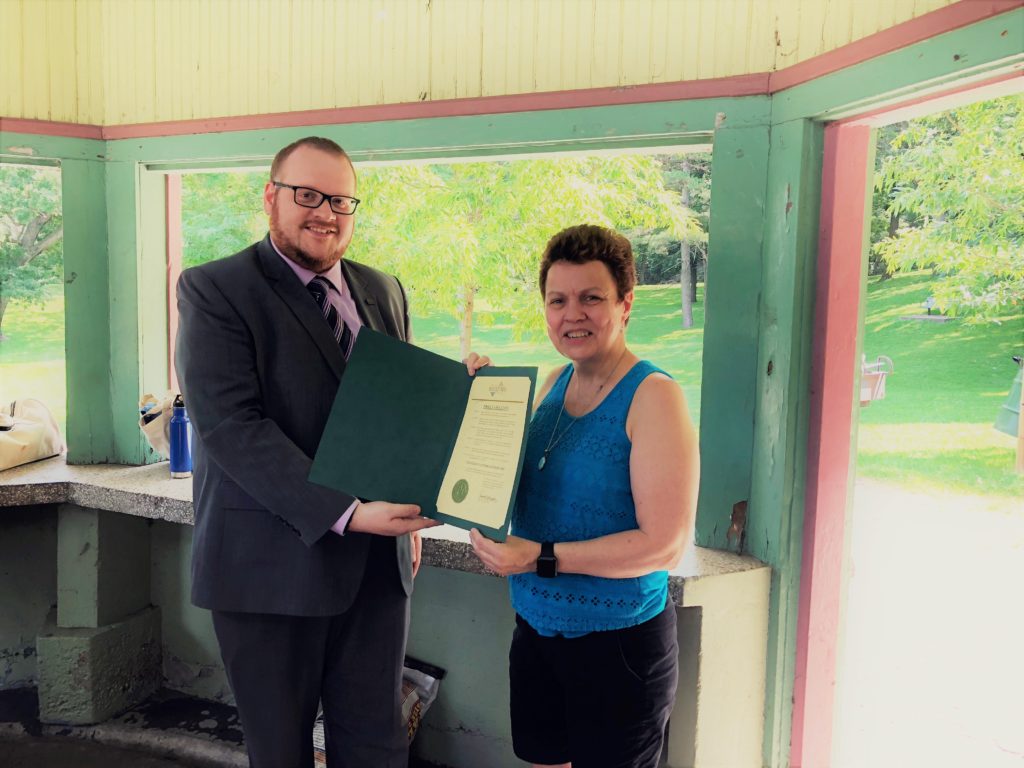On November 18, 2019, Ohio’s Portage County launched the country’s first foreclosure mediation online dispute resolution (ODR) program. The program, developed under the guidance of Portage County Common Pleas Court Judge Laurie J. Pittman, uses Court Innovations’ Matterhorn software. A press release for the program indicates that one of the goals of the program is to make the process more accessible to the public by allowing parties to work on their cases remotely. The program’s mediator Benito Antognoli explains that prior to the launch of the online program, the first in-person mediation session between borrowers and lenders often only lasted about 20-30 minutes and required the parties to attend subsequent mediations. Most often, the brevity of this first meeting stemmed from borrowers being unable to fully respond to forms from the lender’s attorney since, due to the nature of the forms, they do not have the required documentation with them. As Antognoli highlights, the difficulty of having to make accommodations and find time to attend additional mediations is often a substantial inconvenience for both parties.
However, with the new ODR program, borrowers and lenders are now able to complete this process remotely. As Antognoli describes, once a borrower has opted-in to the program they will receive an email that invites them to the platform. From there, the lender’s attorney will request various documents from the borrower, which the borrower can now submit online at their convenience. Additionally, the online platform also now allows Antognoli to be involved during the entire process and communicate with the parties regularly. Like the in-person program, the entire online process is intended to take about 90 days from start-to-finish. Ultimately, the press release notes that Judge Pittman’s hope is to expand the use of online mediation and offer ODR programs to parties involved in other types of civil disputes.
Those interested in learning more about the program or accessing the court’s press release, should please contact Antognoli at 330-298-3233.


